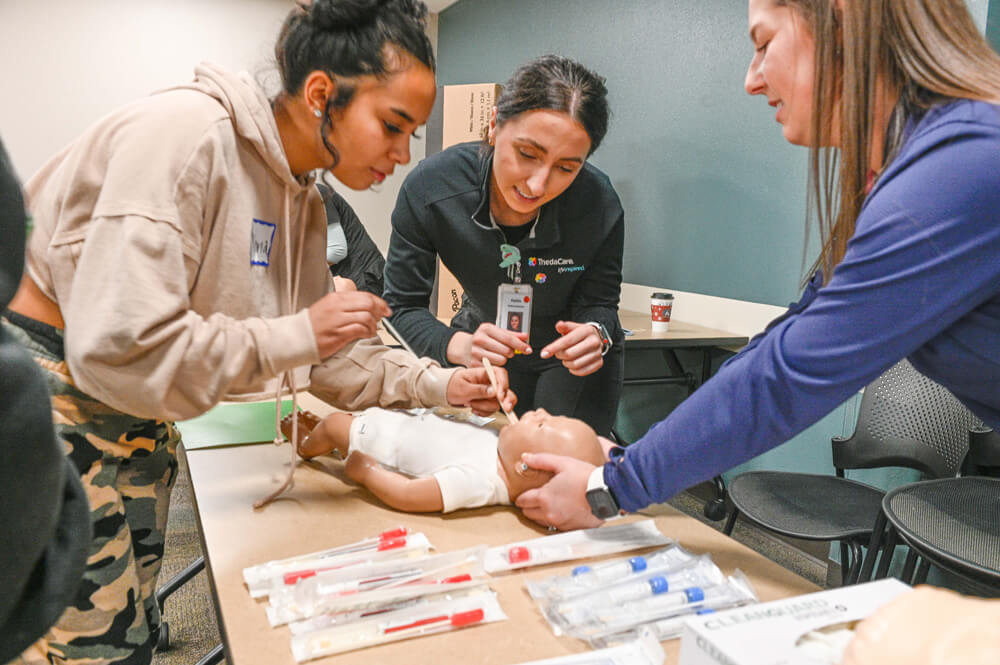
Caring for a family member with a mental health condition involves not only providing daily support but also being prepared for potential crises. A mental health crisis can be overwhelming and stressful, but with proper planning and strategies, you can manage the situation effectively. This guide offers practical advice on crisis prevention and preparedness.
A mental health crisis is any situation in which a person’s behavior puts them at risk of harming themselves or others, or prevents them from functioning effectively in the community. Common signs include:
Preventing a crisis can reduce the risk of harm, decrease the need for emergency interventions, and improve the overall well-being of your loved one. It also helps maintain a stable and supportive environment.
Join support groups for caregivers and families of individuals with mental health conditions. These groups can offer emotional support and practical advice.
yoga can help you stay calm and focused. Crisis prevention is a critical aspect of supporting a family member with a mental health condition. By educating yourself, fostering open communication, creating a supportive environment, identifying triggers, and developing a comprehensive crisis plan, you can help prevent crises and ensure your loved one receives the best possible care. Remember to utilize community resources and prioritize your own well-being to maintain a balanced and healthy caregiving relationship.